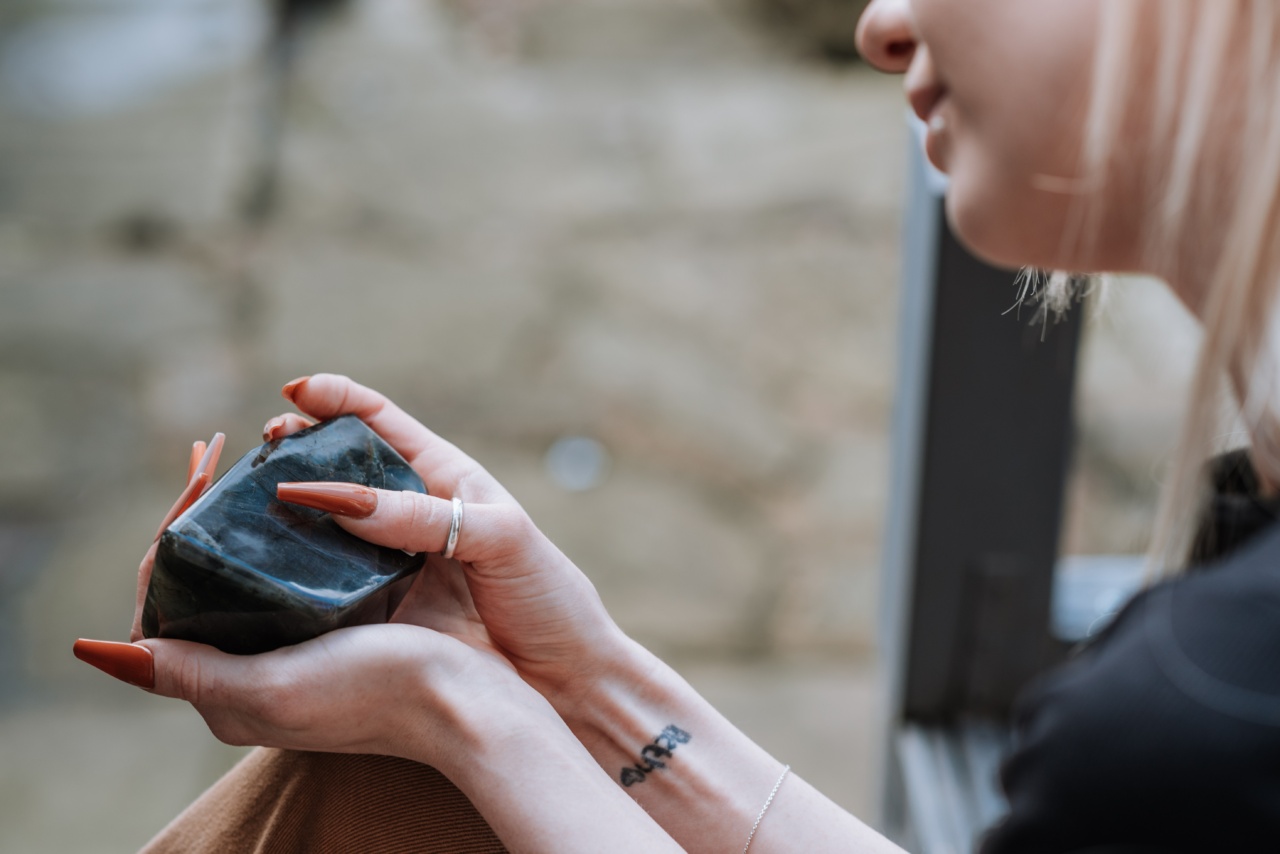Henna tattoos have been popular for centuries and are commonly used as a temporary body art. Traditionally, henna tattoos are made using natural henna paste which stains the skin in a reddish-brown color.
However, the emergence of black henna tattoos has caused a stir in the tattoo industry. Unlike natural henna, black henna contains a chemical called para-phenylenediamine (PPD) which can cause dangerous allergic reactions in some people.
What is Black Henna?
Black henna is a type of temporary tattoo ink that contains PPD, a chemical commonly found in hair dye.
PPD is responsible for the dark color of black henna tattoos, and the ink is often marketed as “black henna.” Although black henna is easy to apply, it can cause severe skin reactions in some people that can result in permanent scarring.
Why is Black Henna Dangerous?
While natural henna is generally safe to use, black henna tattoos can cause severe allergic reactions in some people. PPD is a potent allergen that can cause skin irritation, blisters, and even chemical burns.
In extreme cases, the reaction can be so severe that the sufferer may require medical attention, and in some cases, the damage can be permanent.
Many people are allergic to PPD, but most are not aware of it. In fact, most people are only sensitized to PPD after their first exposure to it.
This means that even those who have used hair dye or other products containing PPD in the past may be at risk of an allergic reaction to black henna tattoos.
The Risks of Using Black Henna
There are several risks associated with using black henna tattoos:.
- Allergic Reactions: As mentioned earlier, PPD is a potent allergen that can cause severe allergic reactions. These reactions can include skin irritation, blisters, and chemical burns.
- Permanent Scarring: Severe allergic reactions to black henna tattoos can result in permanent scarring.
- Delayed Reactions: In some cases, an allergic reaction to black henna can occur several days after the tattoo has been applied. This can make it difficult to identify the cause of the reaction.
- Negative Impact on Health: PPD has been linked to an increased risk of certain cancers, and using black henna tattoos can increase exposure to this chemical.
How to Avoid Black Henna Tattoos
So how can you avoid the dangers of black henna tattoos? Here are some tips:.
- Avoid Black Henna: The best way to avoid the dangers of black henna tattoos is to avoid them altogether. Stick to natural henna or other types of temporary tattoos that don’t contain PPD.
- Research Before You Get a Henna Tattoo: If you’re considering getting a henna tattoo, do your research first. Check the ingredients of the henna paste, and make sure it doesn’t contain PPD.
- Test the Henna Paste First: If you’re unsure about the henna paste, test it on a small patch of skin first. Wait several hours to see if there is any reaction before getting a larger tattoo.
- Be Careful when Traveling: If you’re traveling in a foreign country, be especially careful when getting a henna tattoo. Black henna is especially common in some parts of the world and may not be labeled as such.
Conclusion
While henna tattoos are generally safe, black henna tattoos can be dangerous. They contain a chemical called PPD that can cause severe allergic reactions, permanent scarring, and even negative health effects.
The best way to avoid the risks of black henna tattoos is to avoid them altogether and opt for natural henna or other types of temporary tattoos instead.






























